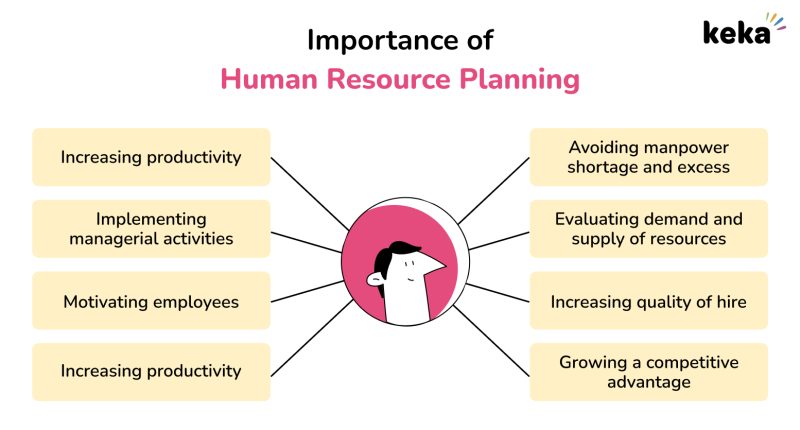How do changes in diplomatic relations between countries impact global supply chains
Changes in diplomatic relations between countries can significantly impact global supply chains in several ways:
-
Trade Agreements and Tariffs: Diplomatic relations often shape trade agreements and tariffs between countries. Positive relations may lead to favorable trade agreements, reducing tariffs and facilitating smoother trade flows. Conversely, strained relations can result in the imposition of tariffs, trade barriers, or the dissolution of trade agreements, increasing costs and causing disruptions in supply chains.
-
Access to Markets: Diplomatic shifts can affect a company's access to key markets. Improved relations may open new markets or enhance access to existing ones, while deteriorating relations can lead to restrictions, sanctions, or even complete market closures. This can force companies to find alternative markets or supply sources, potentially increasing costs and lead times.
-
Sanctions and Embargoes: Negative diplomatic relations may lead to sanctions or embargoes, which can severely restrict or prohibit trade with certain countries. This can disrupt supply chains by cutting off access to essential materials or products, forcing companies to seek alternative suppliers, often at higher costs and with longer lead times.
-
Regulatory Changes: Diplomatic changes can result in new regulations or the alteration of existing ones. For example, environmental, labor, or safety standards might be adjusted as part of diplomatic negotiations, affecting how businesses operate within a supply chain. Companies might need to adapt their processes or sourcing strategies to comply with new regulations.
-
Political Stability and Risk: The stability of diplomatic relations influences the political environment in trading partner countries. Stable relations usually mean predictable business environments, while strained relations can lead to political instability, increasing risks such as expropriation, nationalization, or civil unrest. This can disrupt supply chains by delaying shipments, damaging infrastructure, or creating uncertainties in supply reliability.
-
Currency Fluctuations: Diplomatic tensions can affect currency values, leading to fluctuations that impact the cost of goods and services across borders. A weakened diplomatic relationship might lead to economic sanctions or decreased investor confidence, causing currency depreciation in one of the trading countries. This can increase the cost of imports and disrupt supply chain financing.
-
Customs and Border Delays: Diplomatic relations influence the efficiency of customs and border controls. Positive relations can lead to expedited processing and fewer delays, while negative relations may result in stricter inspections, longer delays, or increased administrative burdens, causing bottlenecks in the supply chain.
-
Supplier Relationships: Diplomatic changes can alter the dynamics of supplier relationships, especially in regions where government influence on business is strong. A change in diplomatic relations might force suppliers to prioritize other markets or reduce their capacity to fulfill orders, impacting the continuity and reliability of supply chains.
-
Technology Transfer and Intellectual Property: Diplomatic relations affect agreements on technology transfer and the protection of intellectual property (IP). Strained relations can lead to stricter controls on technology exports, limiting access to essential components or know-how, while positive relations might facilitate technology sharing, enhancing supply chain efficiency.
-
Strategic Re-Alignment of Supply Chains: Companies may re-align their supply chains in response to changing diplomatic relations to mitigate risks. For instance, businesses might diversify their supplier base, shift manufacturing to more politically stable regions, or invest in localizing production to reduce dependency on any single country.
Overall, changes in diplomatic relations require businesses to be agile and responsive, often necessitating strategic adjustments to maintain supply chain resilience and continuity.






